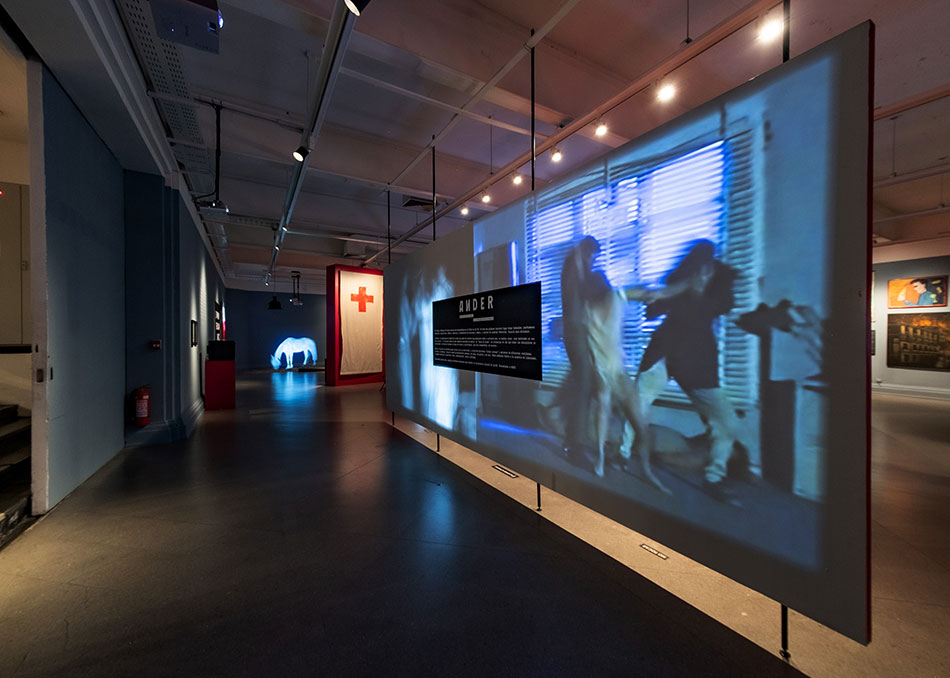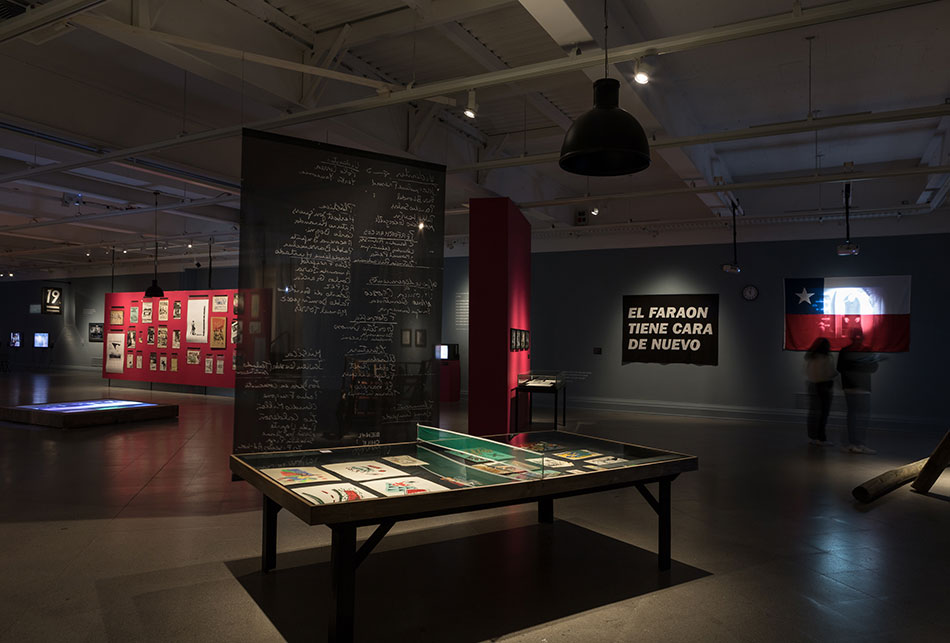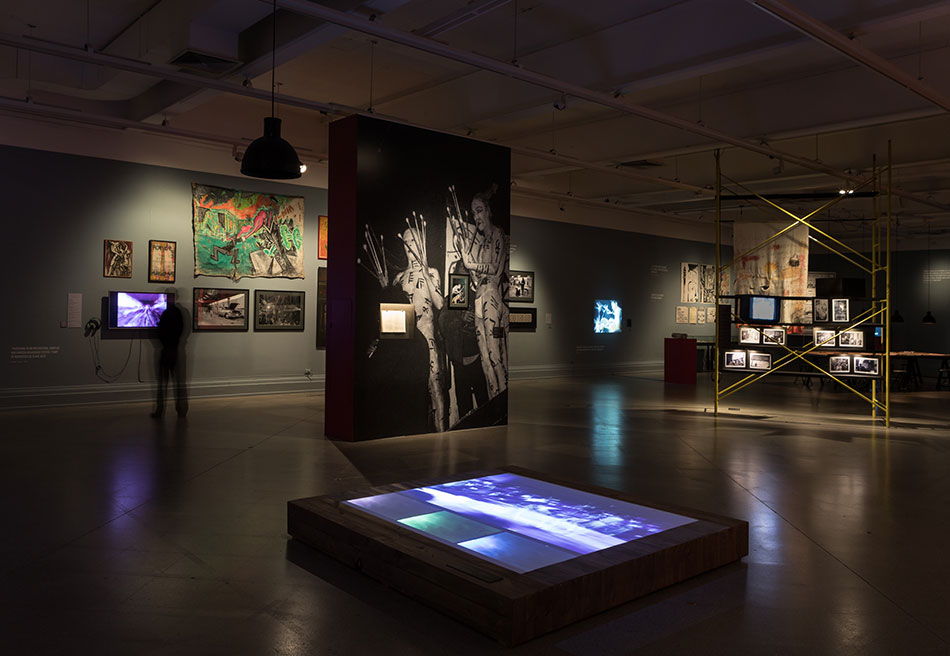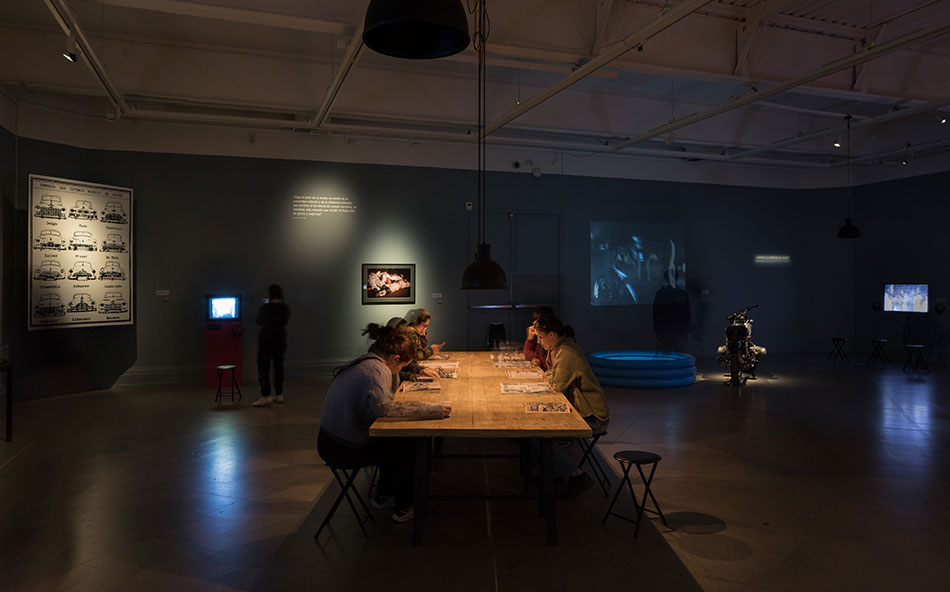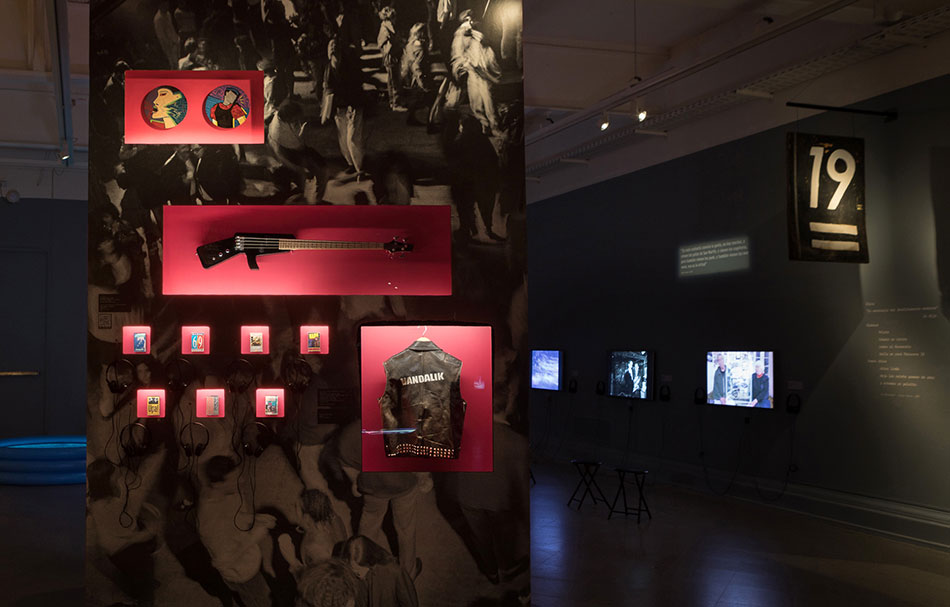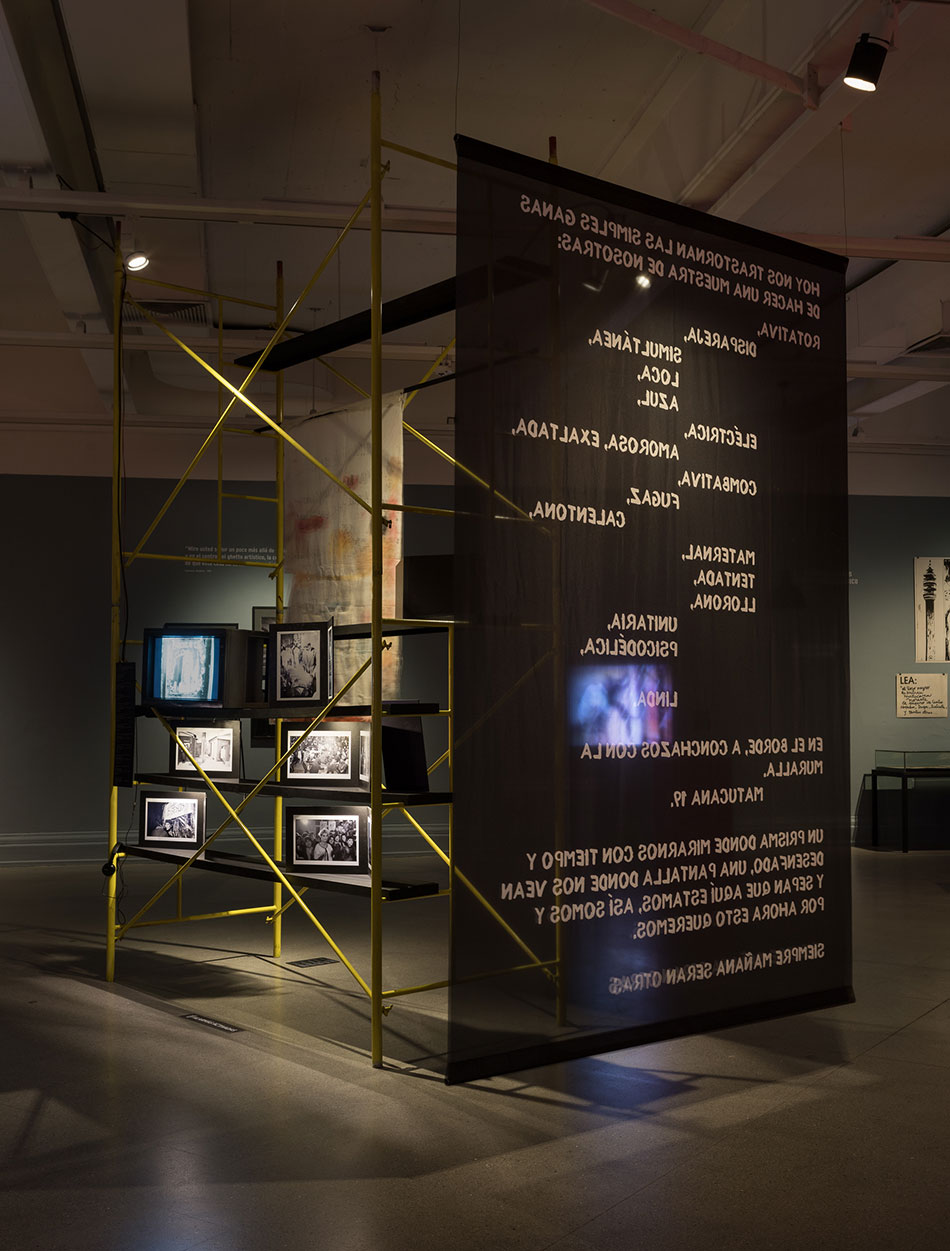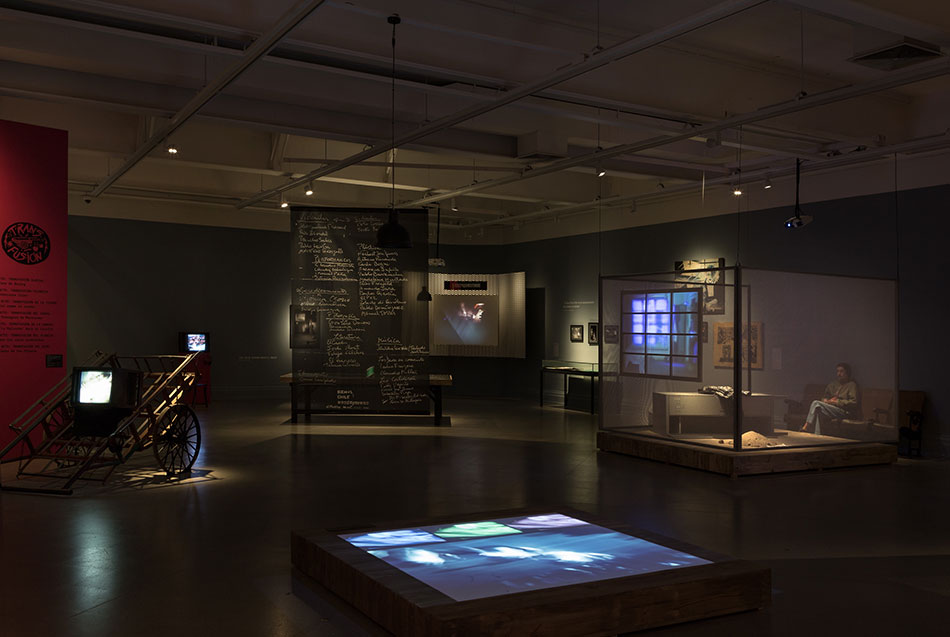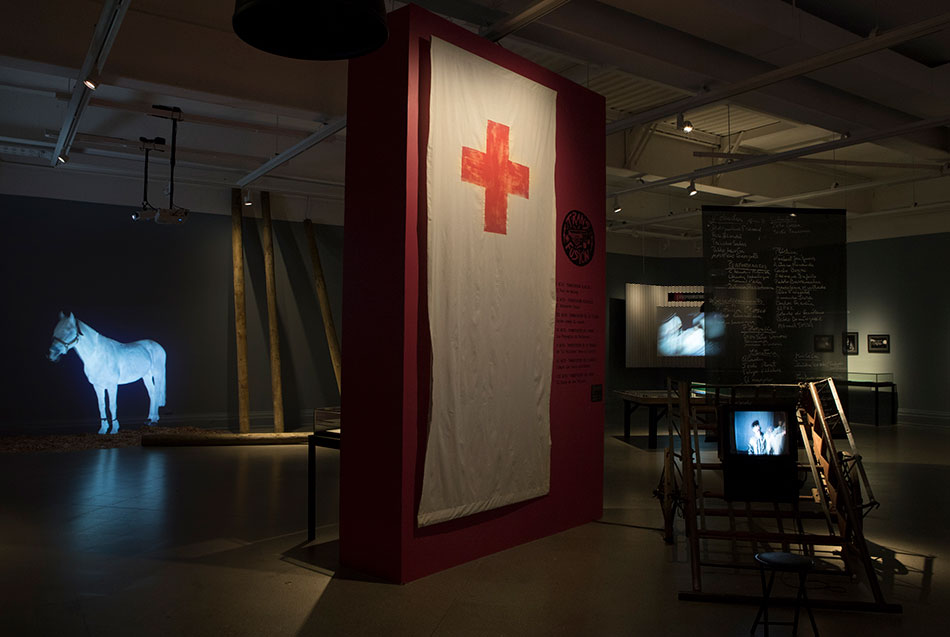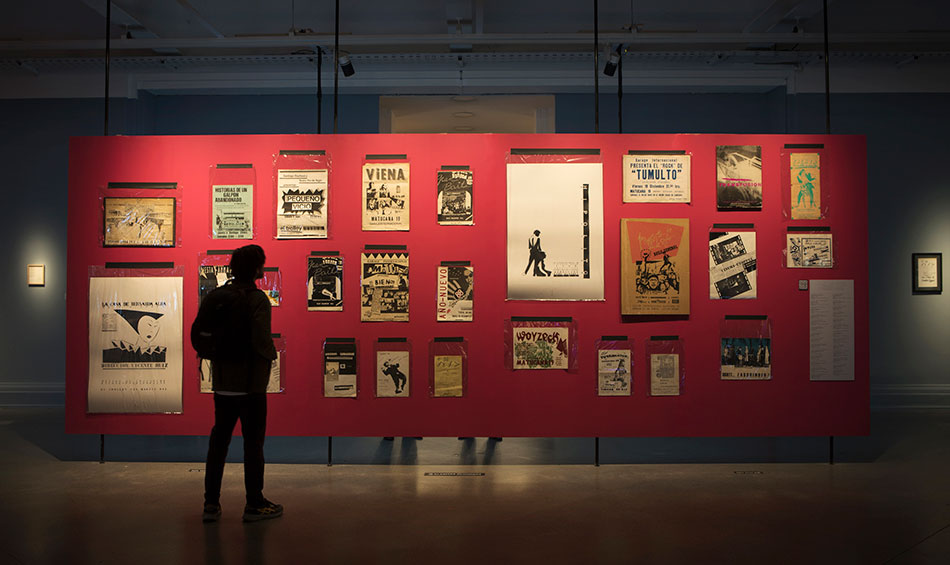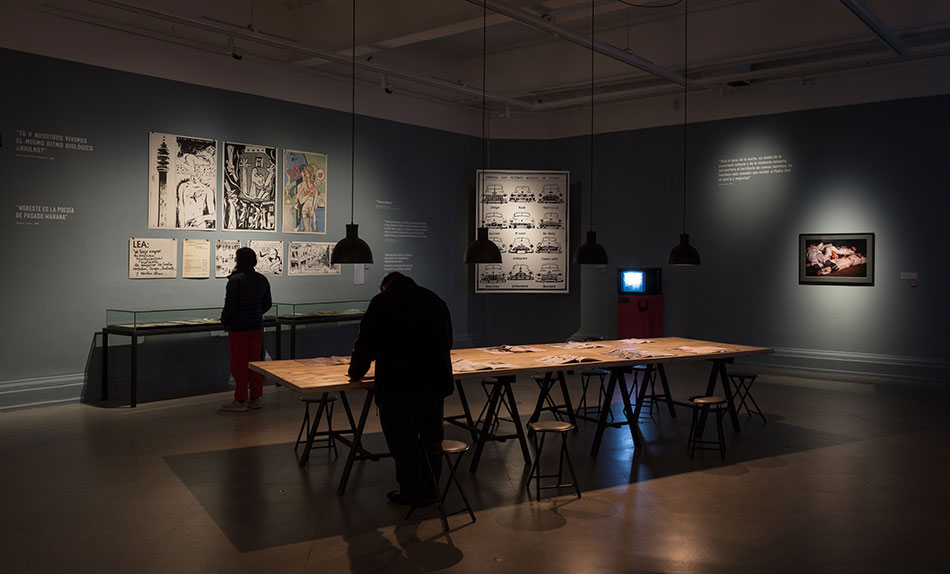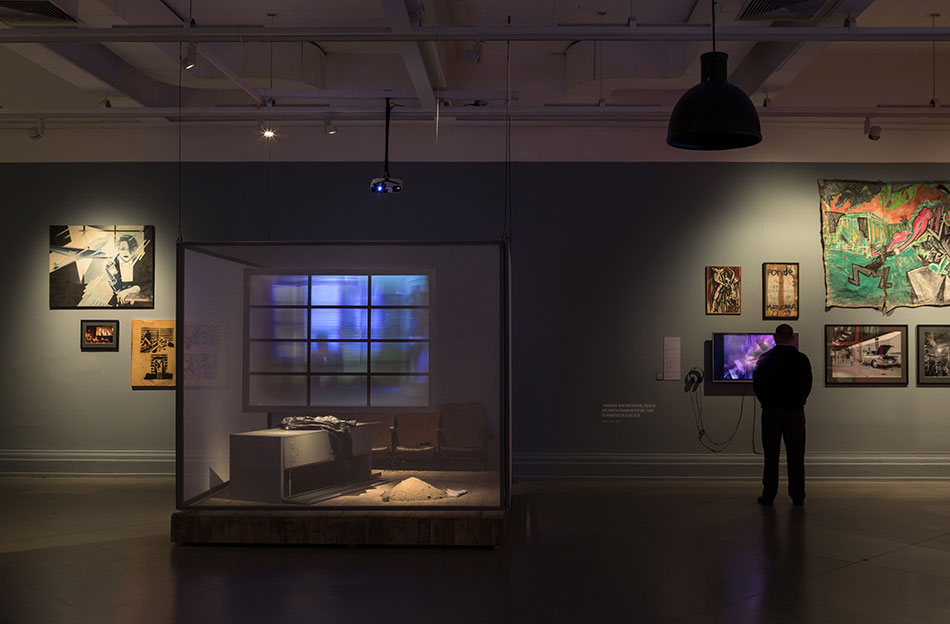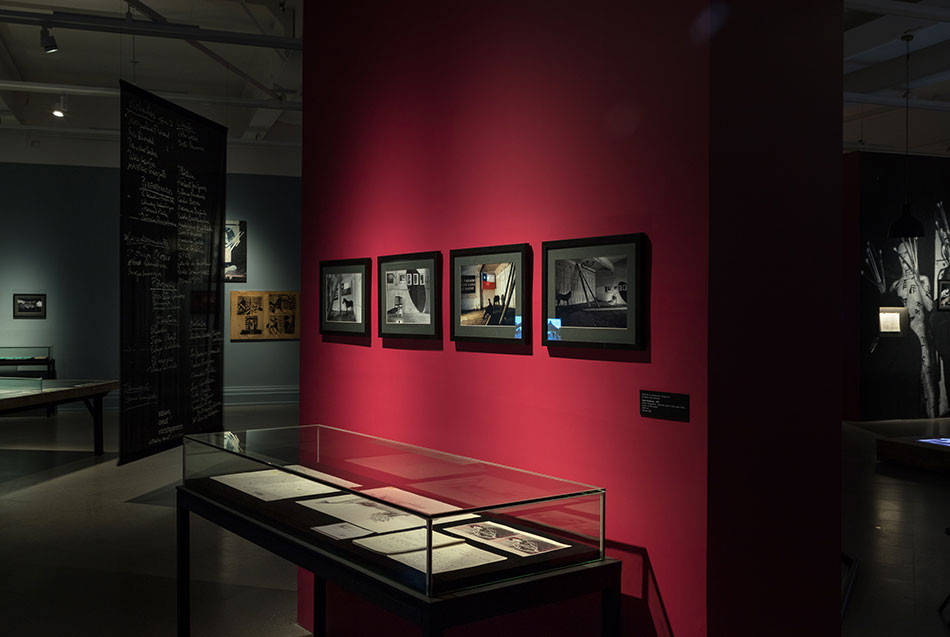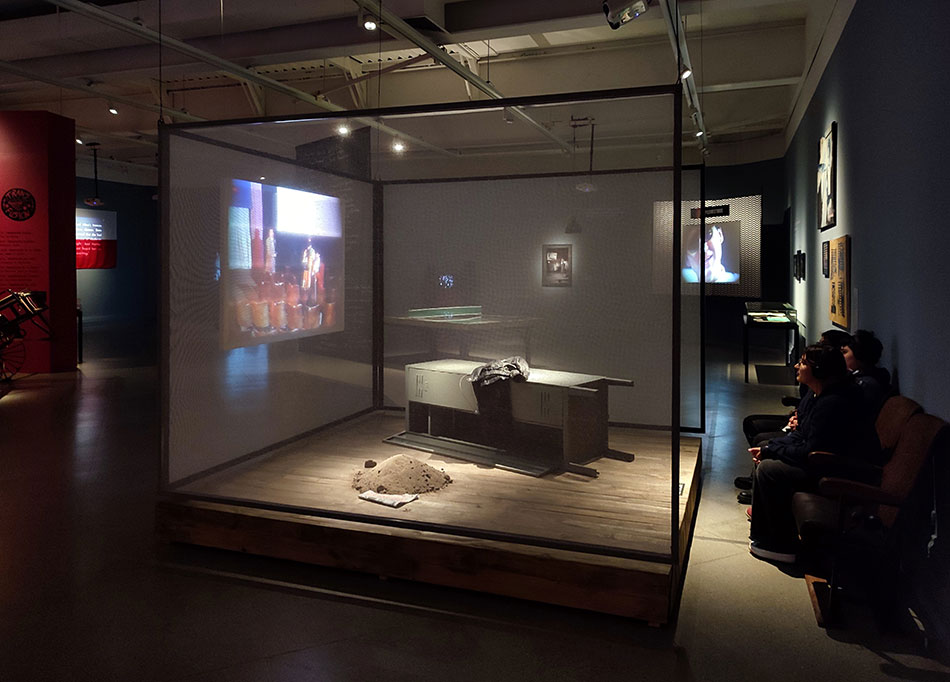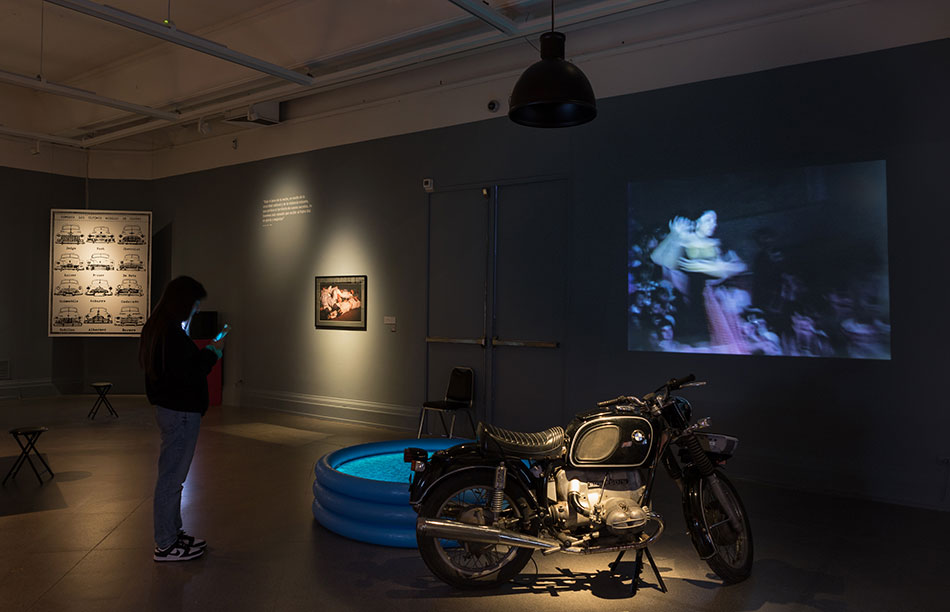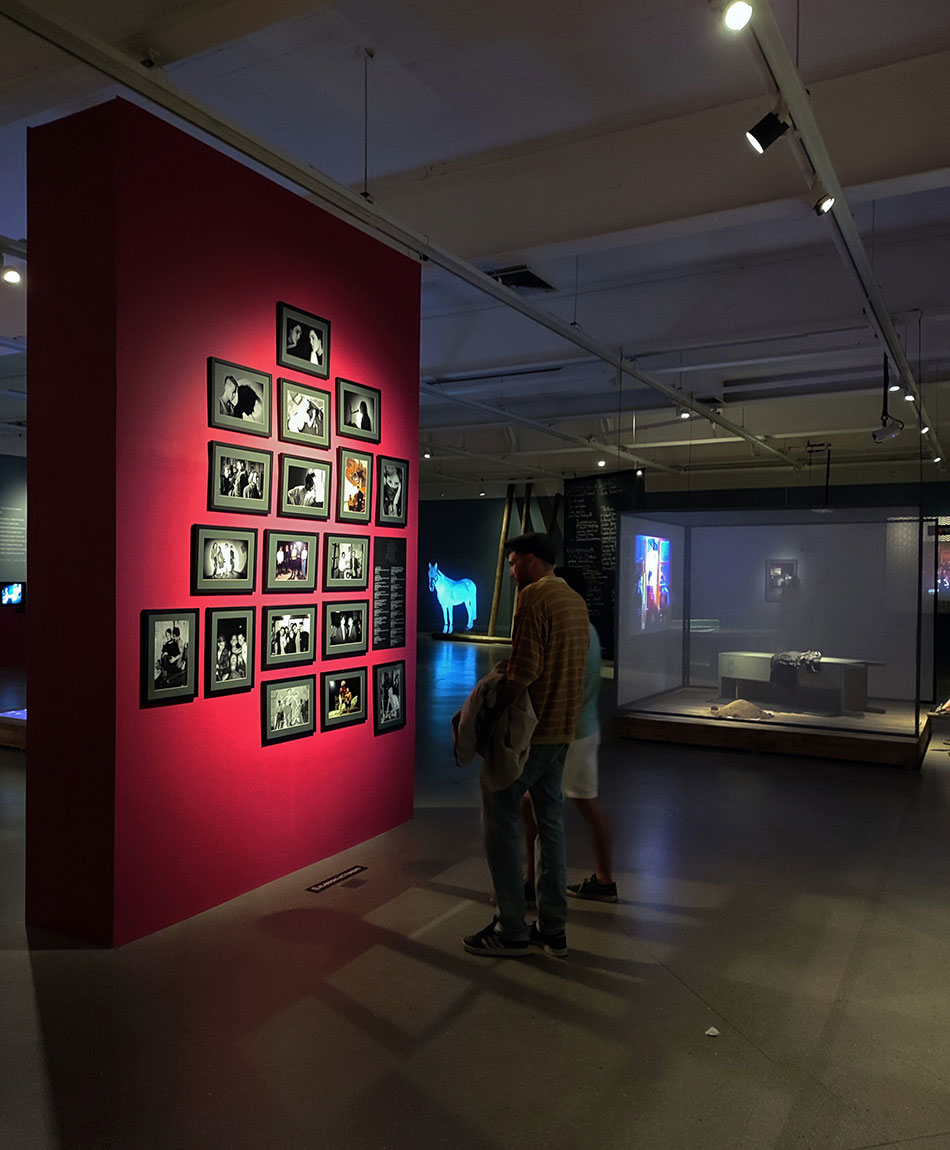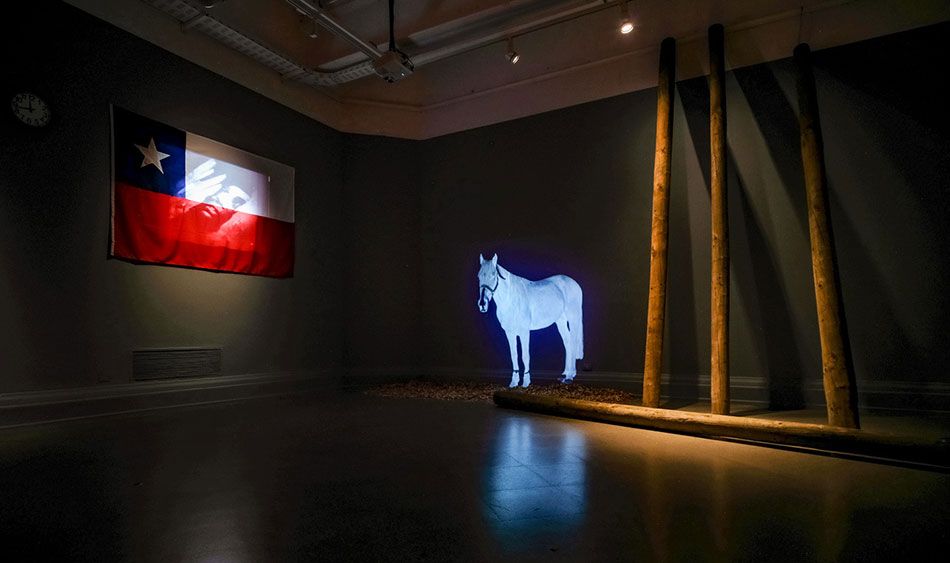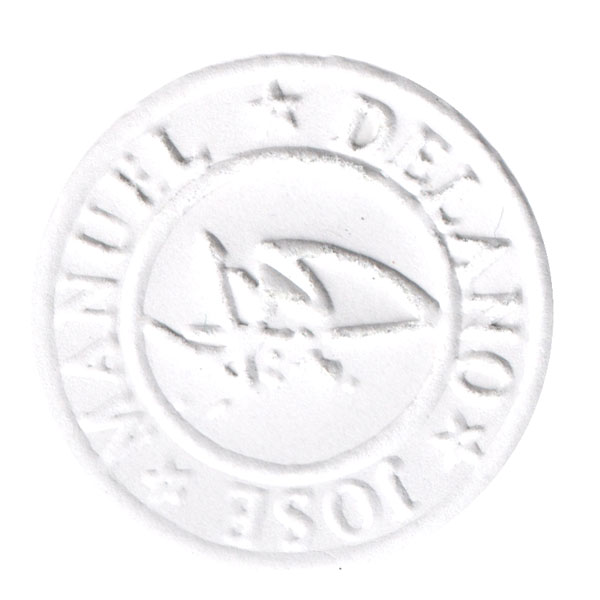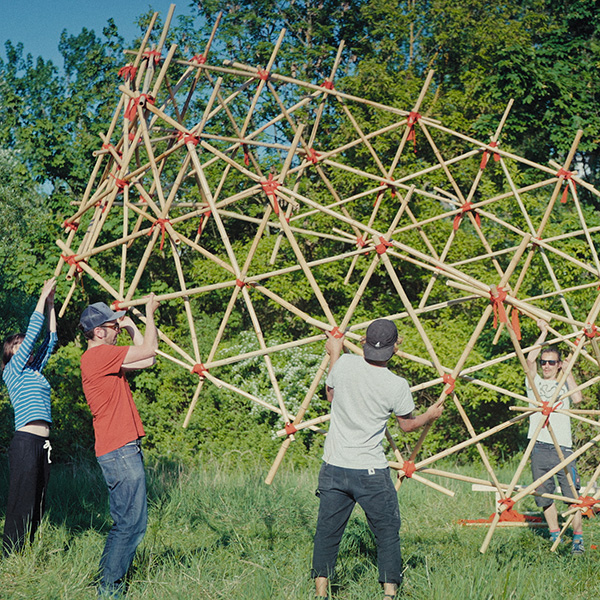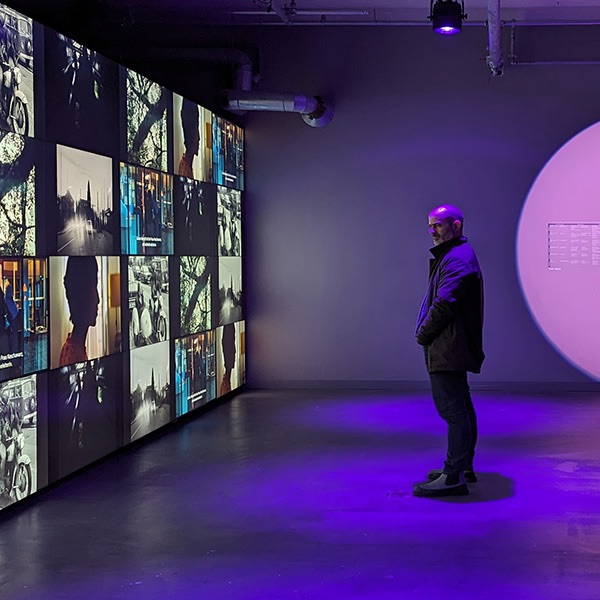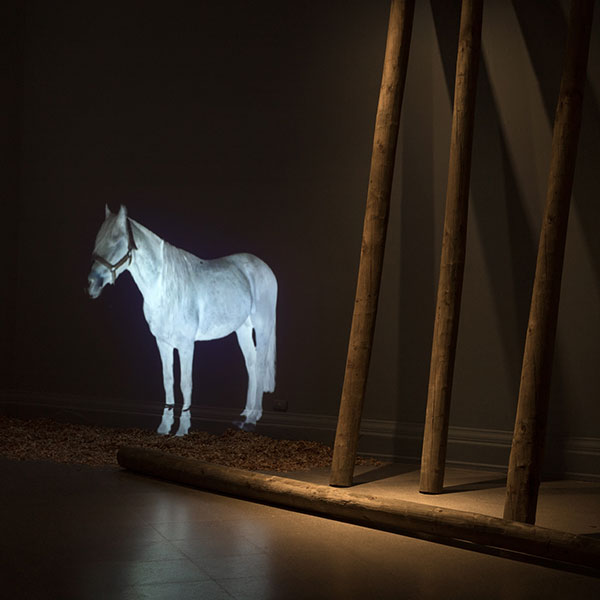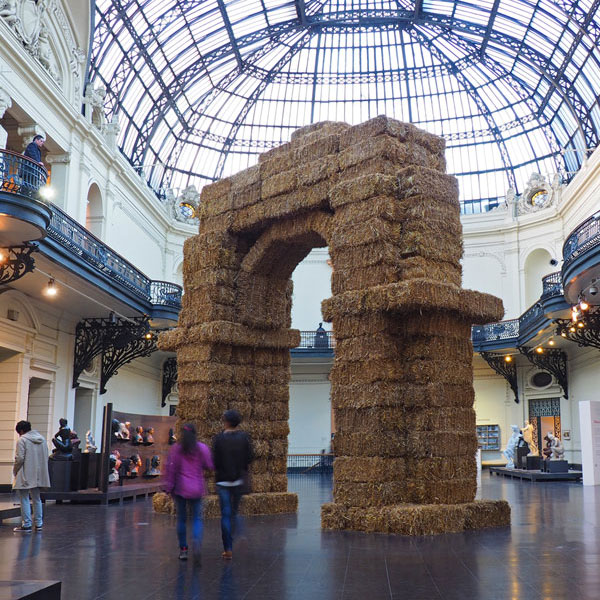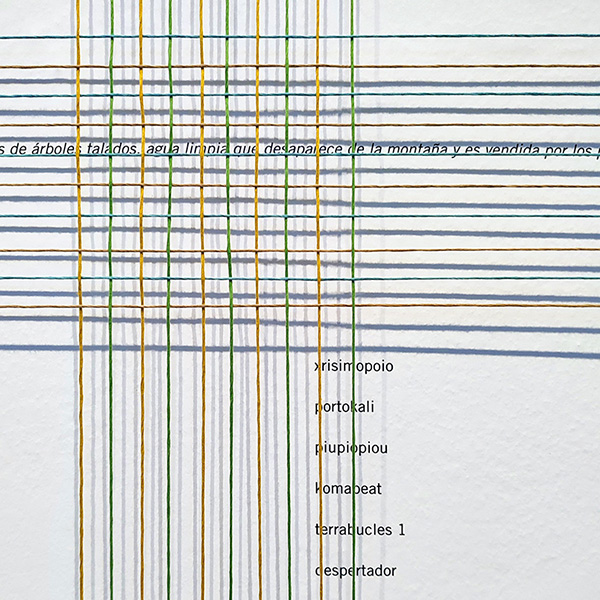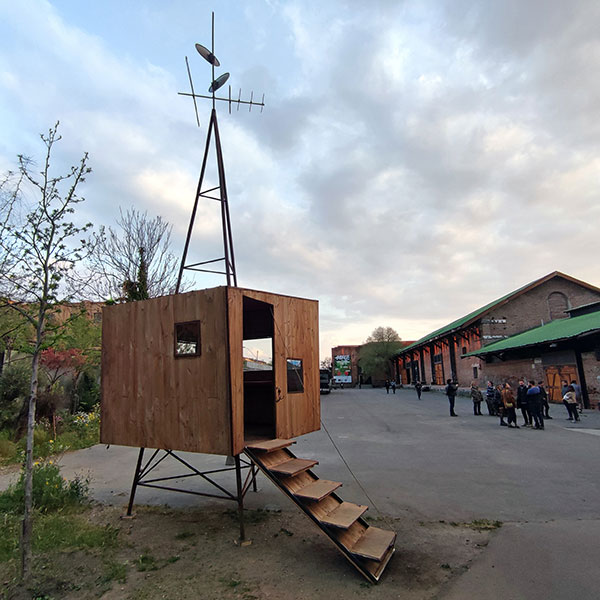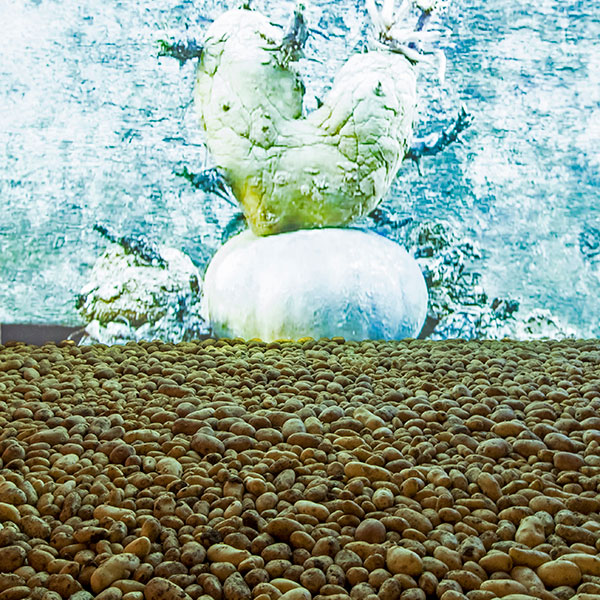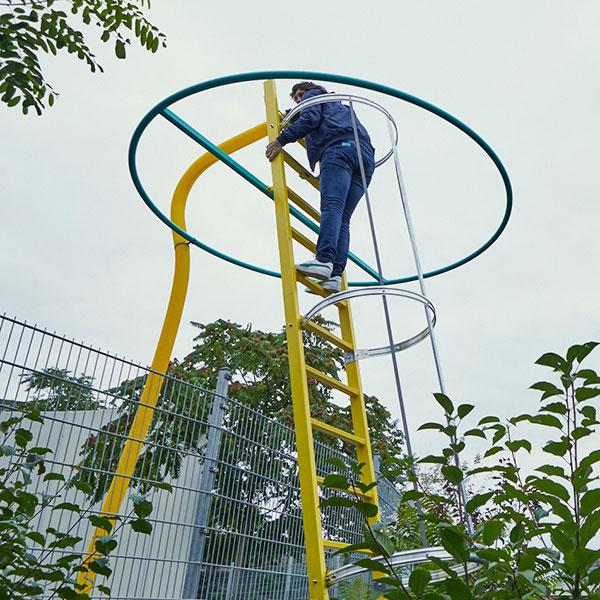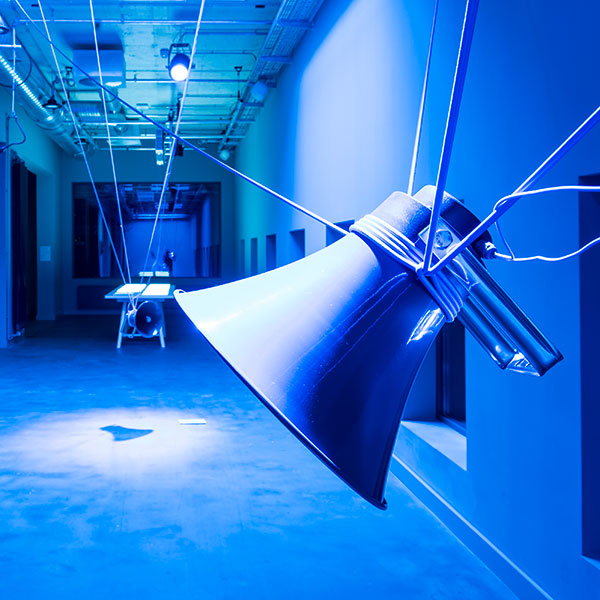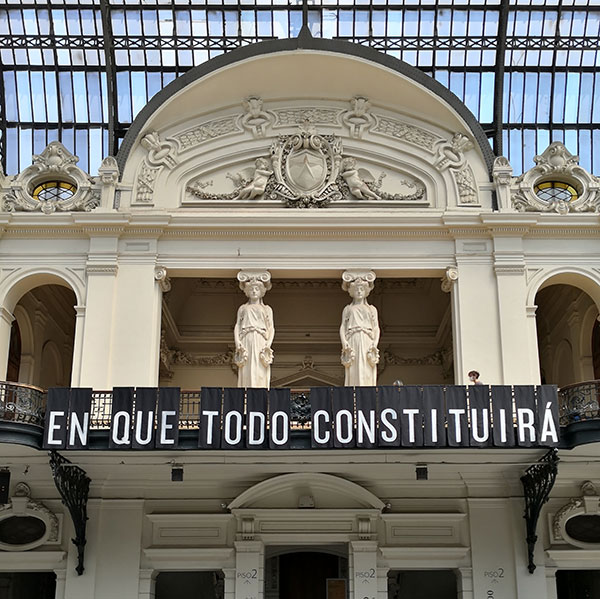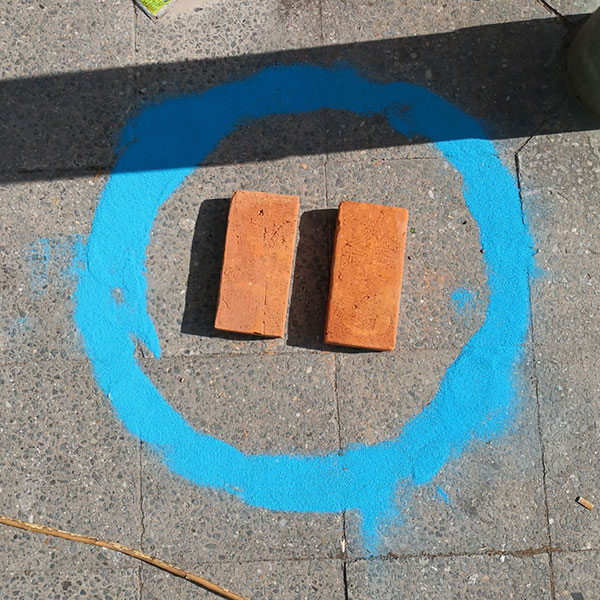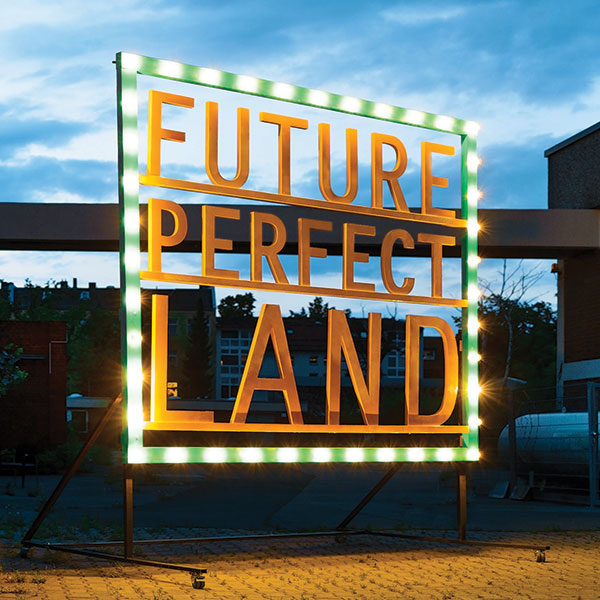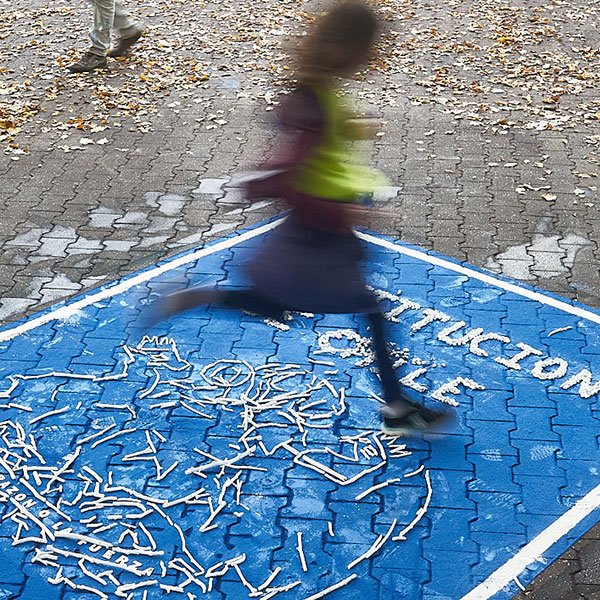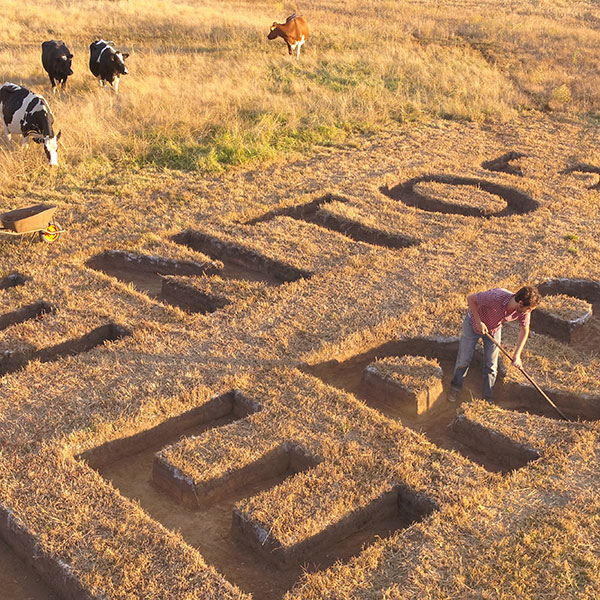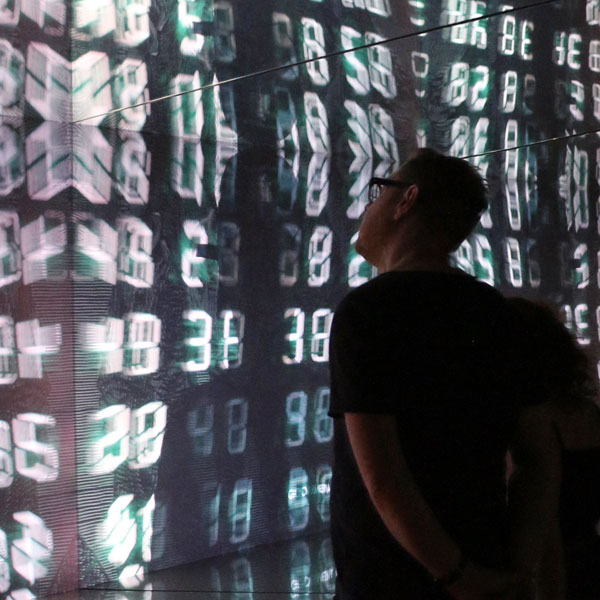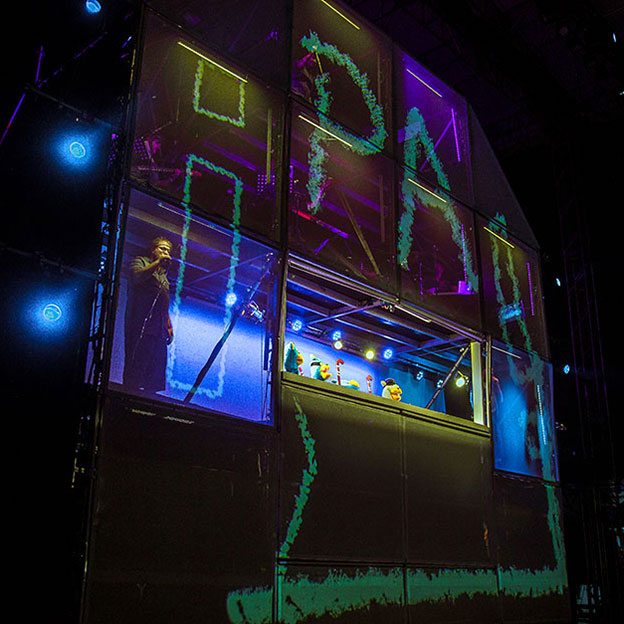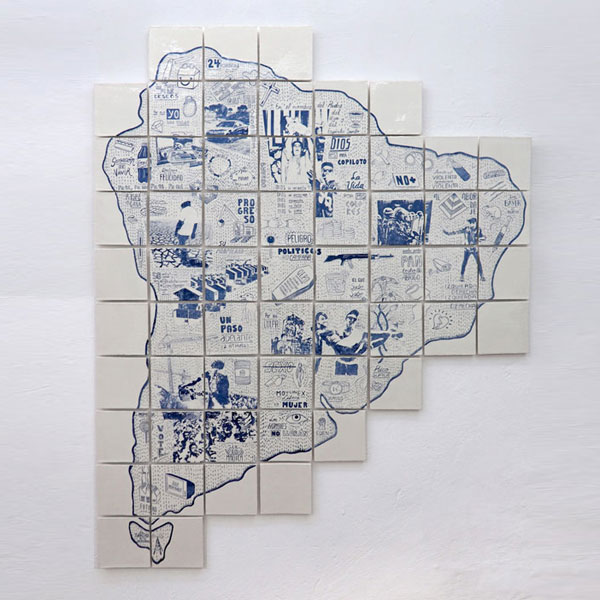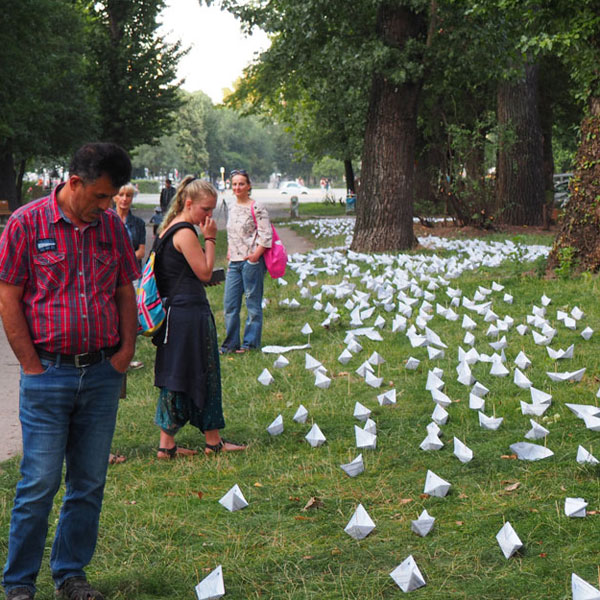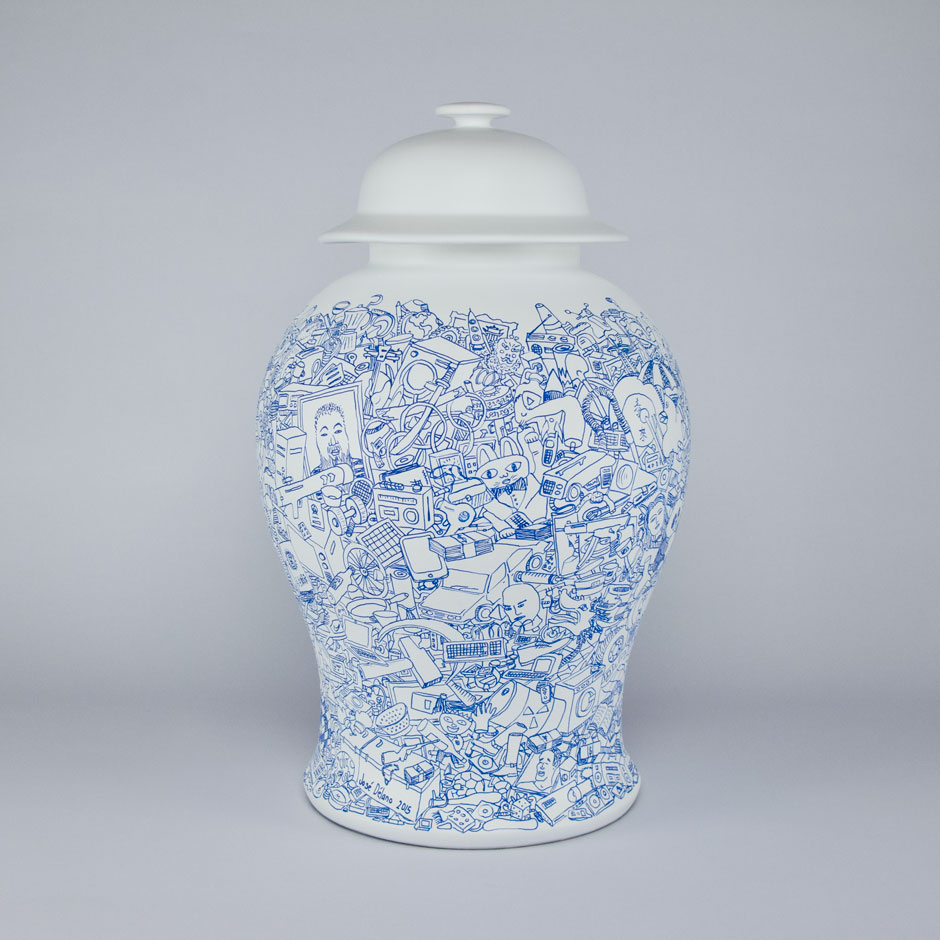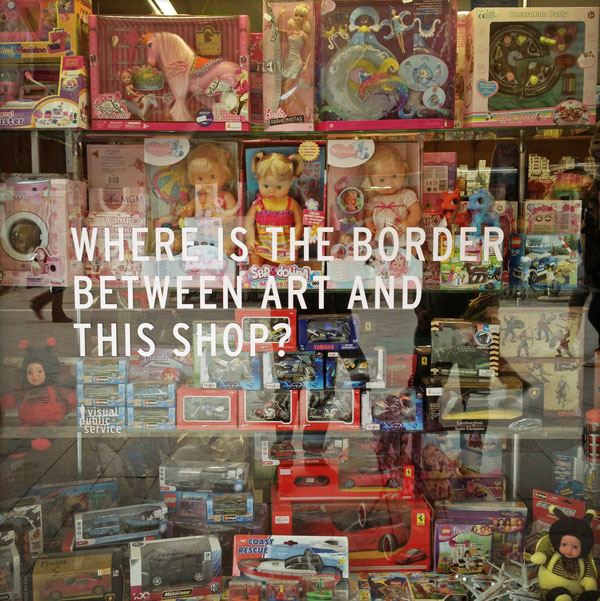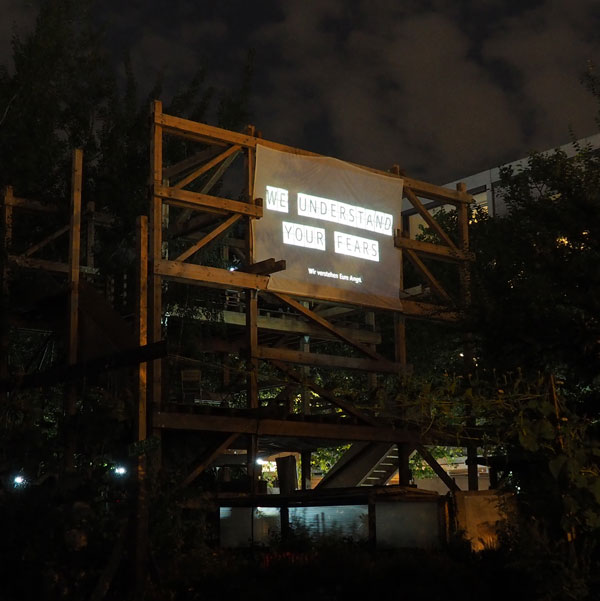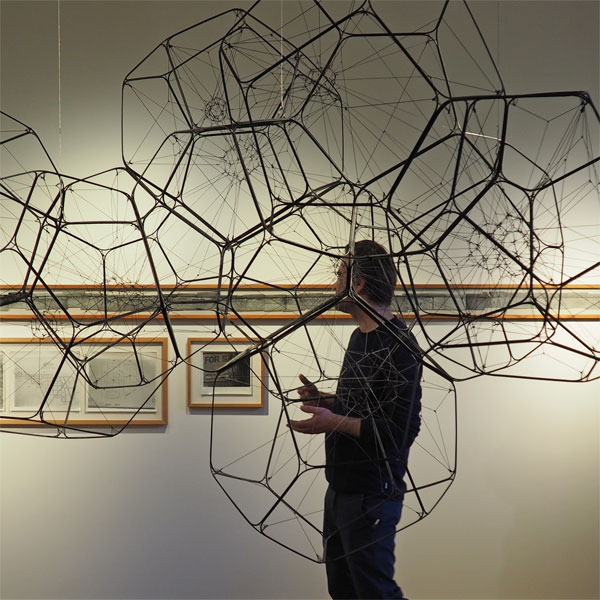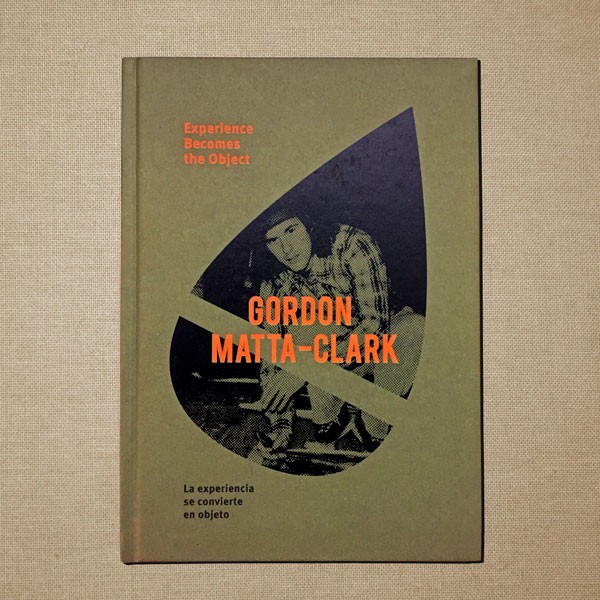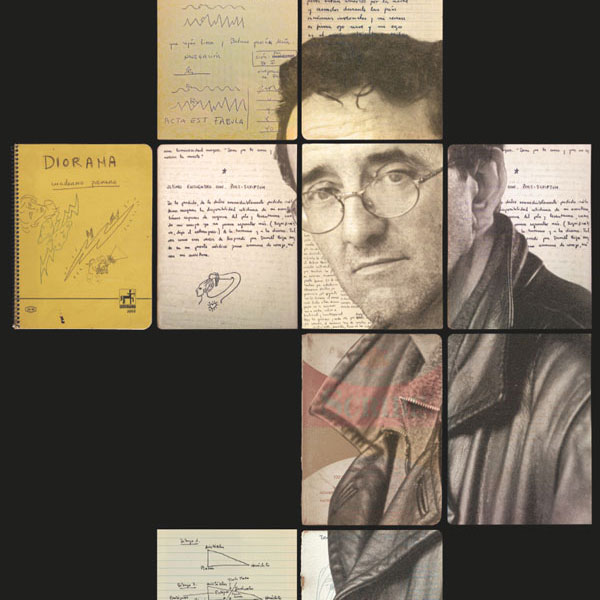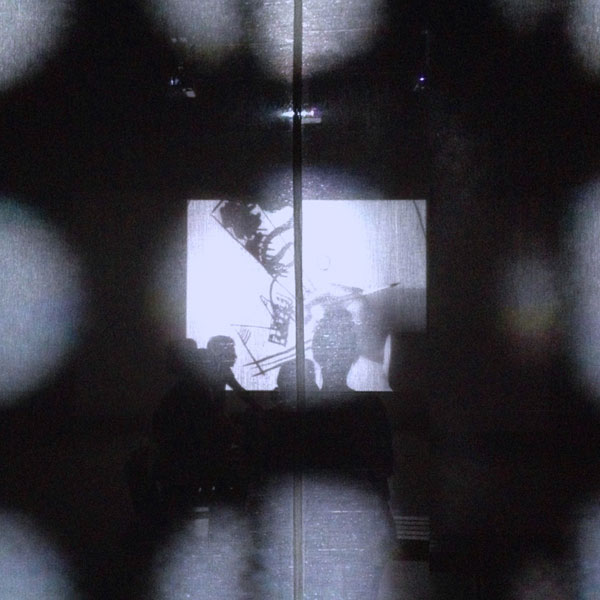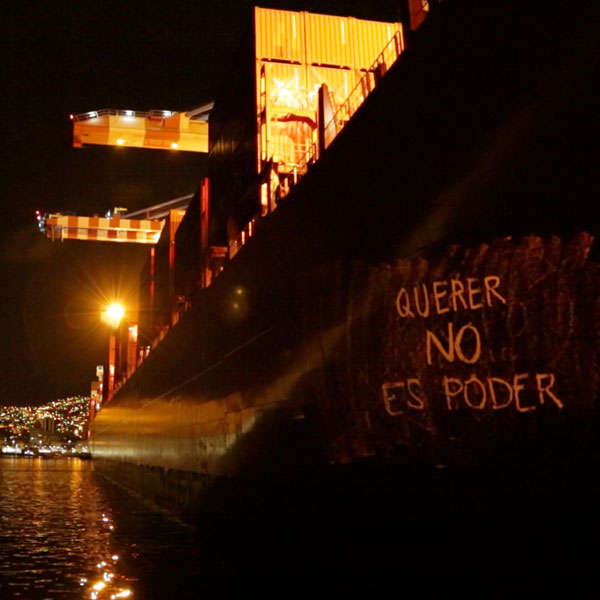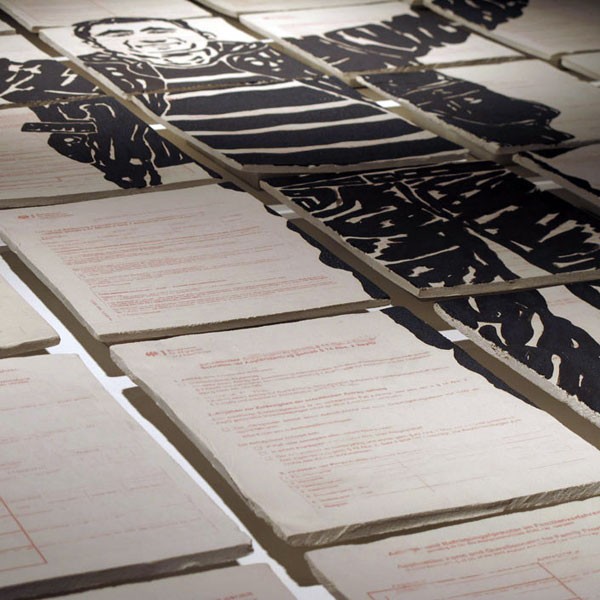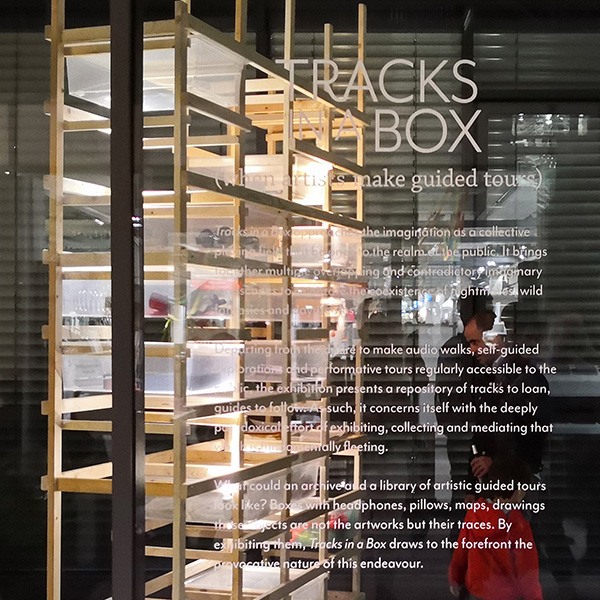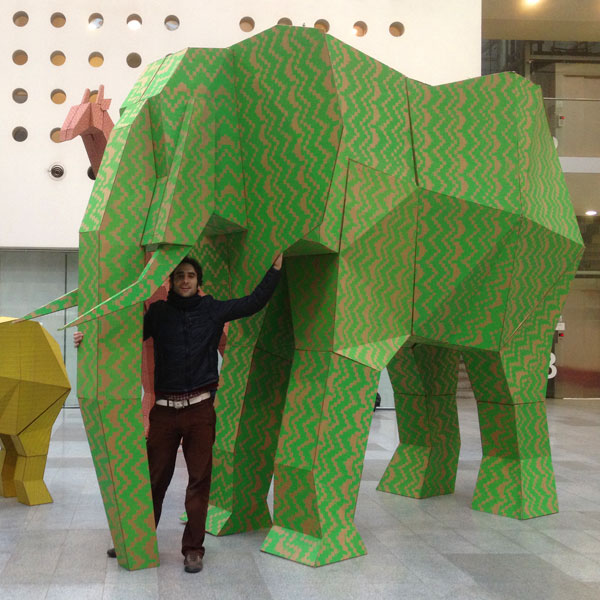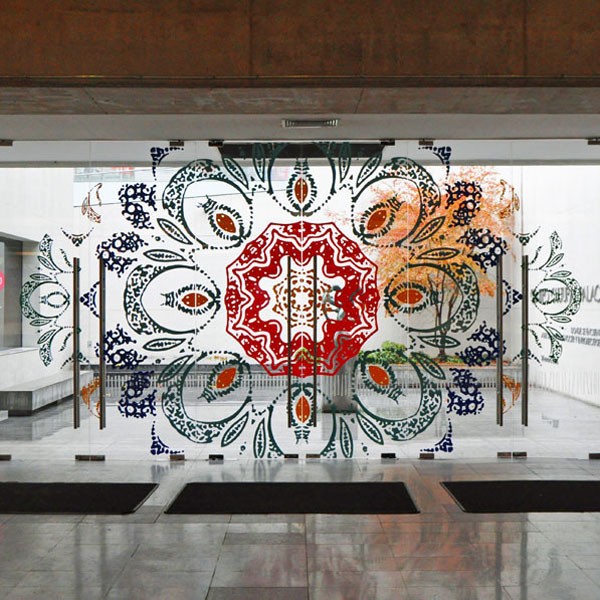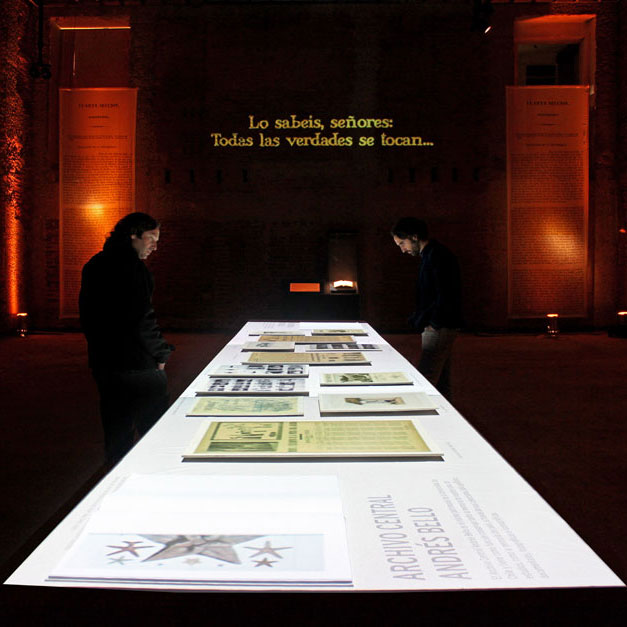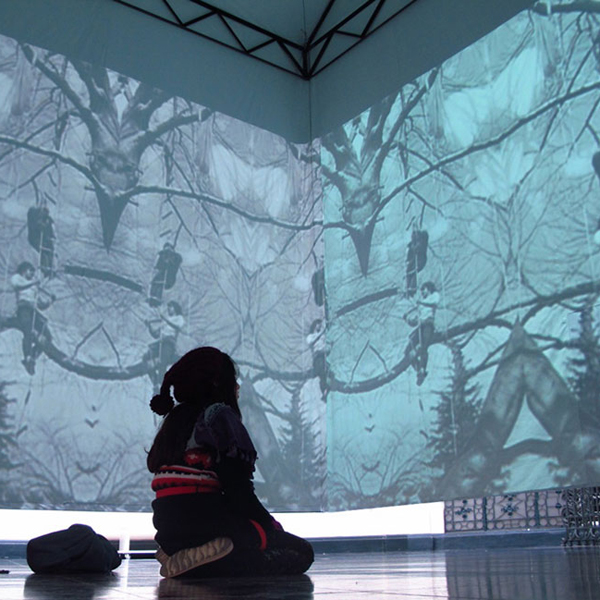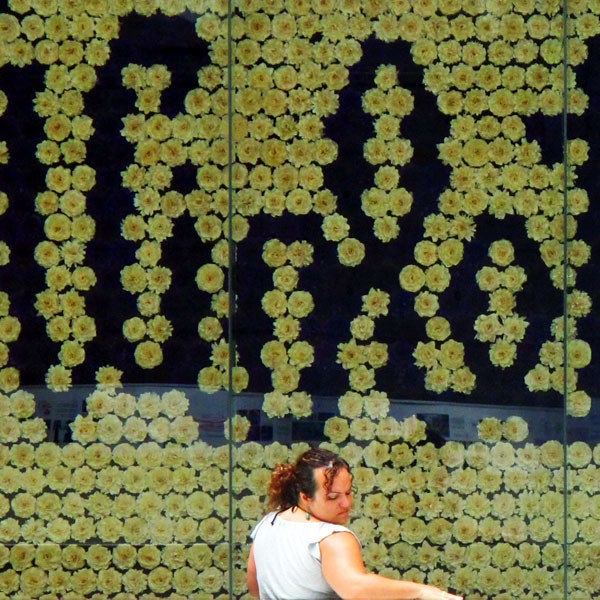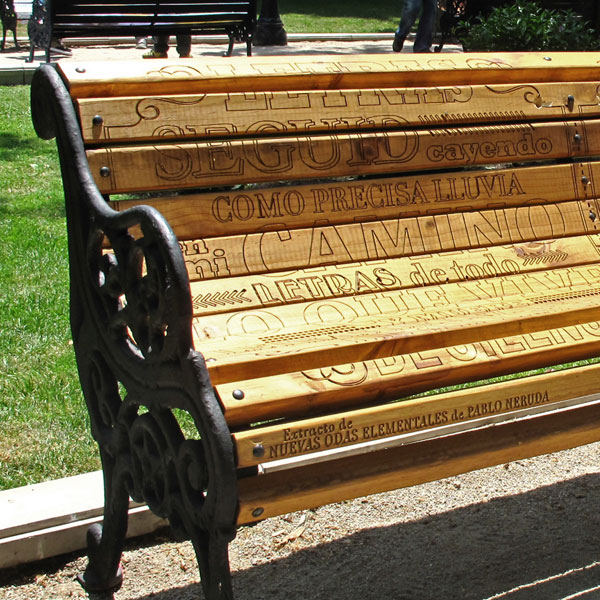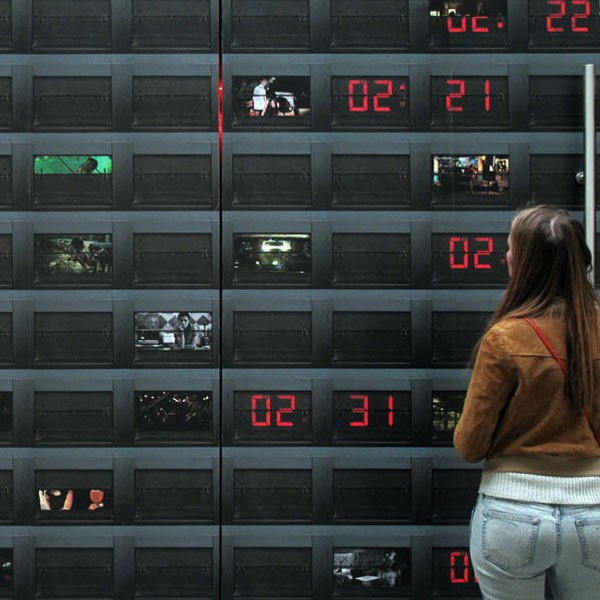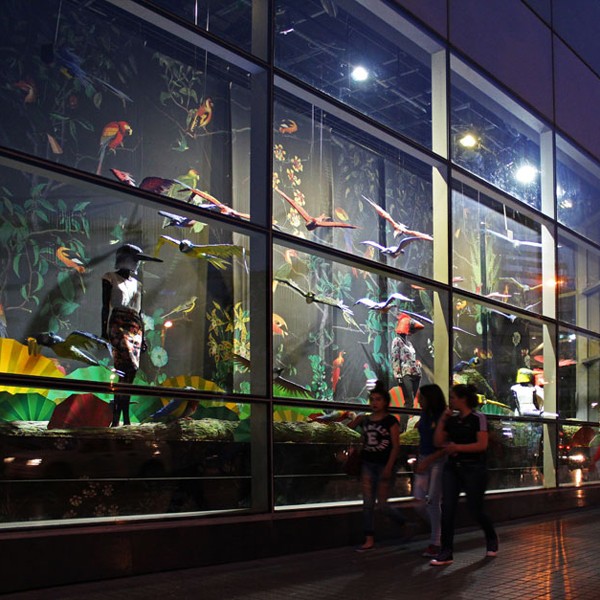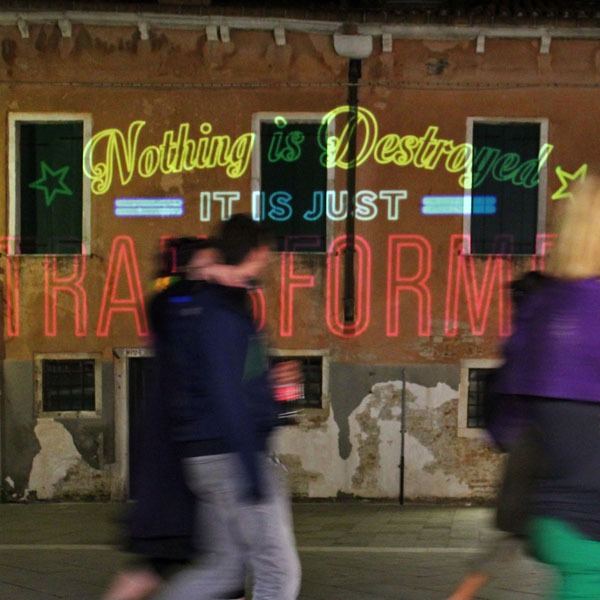Ander
ANDER: Resistencia Cultural en El Trolley and Matucana 19 is a multidisciplinary exhibition focusing on two mythical spaces of the dissident cultural scene in Santiago in the 1980s that were the epicentre of the eccentric youth of the time. Two places that became a refuge for those seeking freedom, enjoyment and openness on the edges of a city under sieged by the military dictatorship.
Between 1983 and 1990 El Trolley and Matucana 19 were two sides of the same coin. Spaces where music, plays, performances, concerts, exhibitions, debates, magazine launches and the first feminist events intertwined to the rhythm of punk, rock and pop.
In both cultural poles, dozens of artists, such as Las Yeguas del Apocalipsis, Lorenzo Aillapán, Electrodomésticos, Contingencia Sicodélica, Víctor Hugo Codocedo, Colectiva Wurlitzer, Kena Lorenzini, Jorge Brantmayer, Paz Errázuriz, Vicente Ruiz, Las Cleopatras, Los Fiskales Ad-hok, Viena, Mauricio Celedón, among others, experimented, criticised and denounced through creativity. Spaces in which dancing and partying merged with political commitment in a mixture of emotions of joy, rage, despair and optimism in a tribe, as many of them called themselves, who did not know what the future would bring. But that uncertainty did not dampen their desire to do things, on the contrary. They generated works and events that, although mostly ephemeral in nature, have transcended in time and place.
The investigation realized for the project was able to gather a rich sound and audiovisual archive that was mainly inmaterial or 2d based objects (prints, drawing, posters, photos, etc). The challenge and proposal of the exhibition design was to make this archive be transformed into a inhabitable experience where the diversity of the multidisciplinary works could be restaged in order to give a feeling to the visitor of how it was to attend these spaces.
Ten of the most relevant works were restaged. The idea was that common daily objects, a key element of the time for representing their practices, took a major role. A motorbike, a ping pong table, a plastic swimming pool, a locker, scaffoldings or even a horse took center stage and served as anchors for the proposed language. The limited space the room had for hosting all of them and the acceptance of time that looks back with a new perspective on how things happened, brought as a proposal to create abstract scenographys (made with the daily objects mentioned) that were juxtaposed with the found archive that brought the research of the project. The intersection of this two, allowing new technologies to play a part in its new representation, made the exhibition find its own language and the same time serve thoroughly the innovative energy that the original spaces had on their time.
INTEGRAL DESIGN (exhibition design / scenography /spatial graphics)
Year: 2022
Location: Museum of Fine Arts (MNBA), Santiago de Chile
Size: 680 mt2
Curator: Juan José Santos
Executive Production: Matías Cardone
Inner team: Maria José Ovalle, Monsterrat Brandan, Josefa Quintana,
Technicians: Mauricio López and Vicente Fernandez
Built by: Marcelo Zunino
Lights: Limarí Lightning Design
